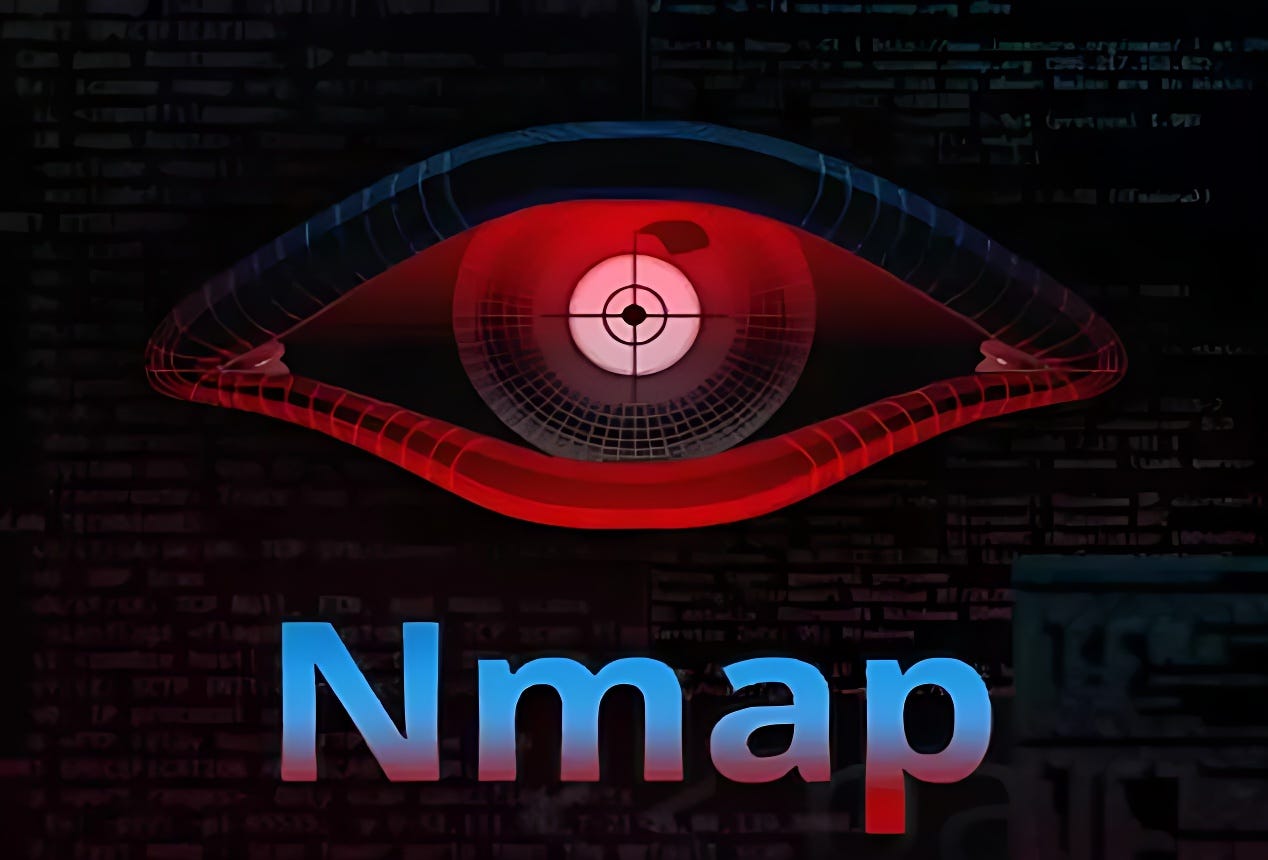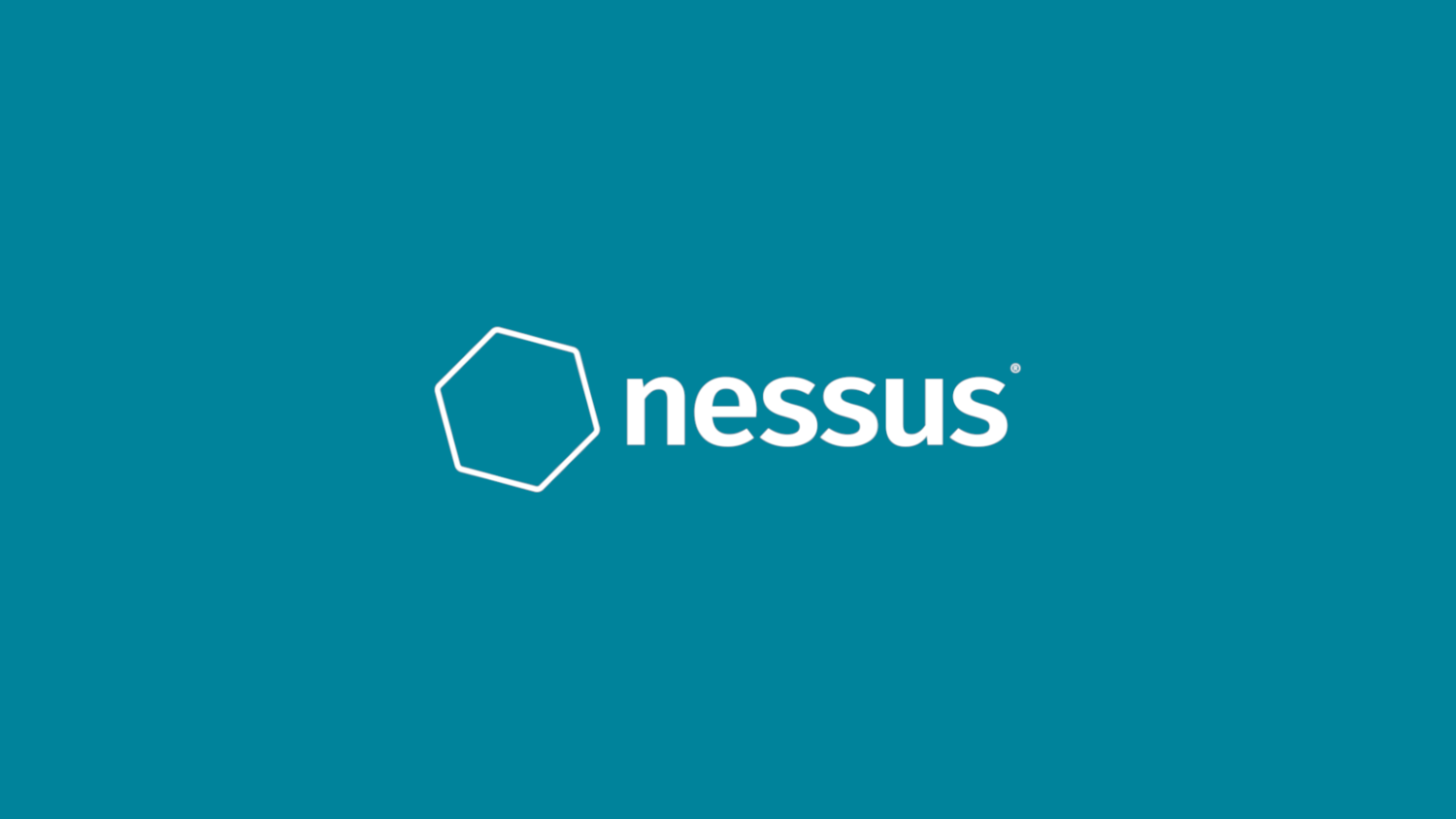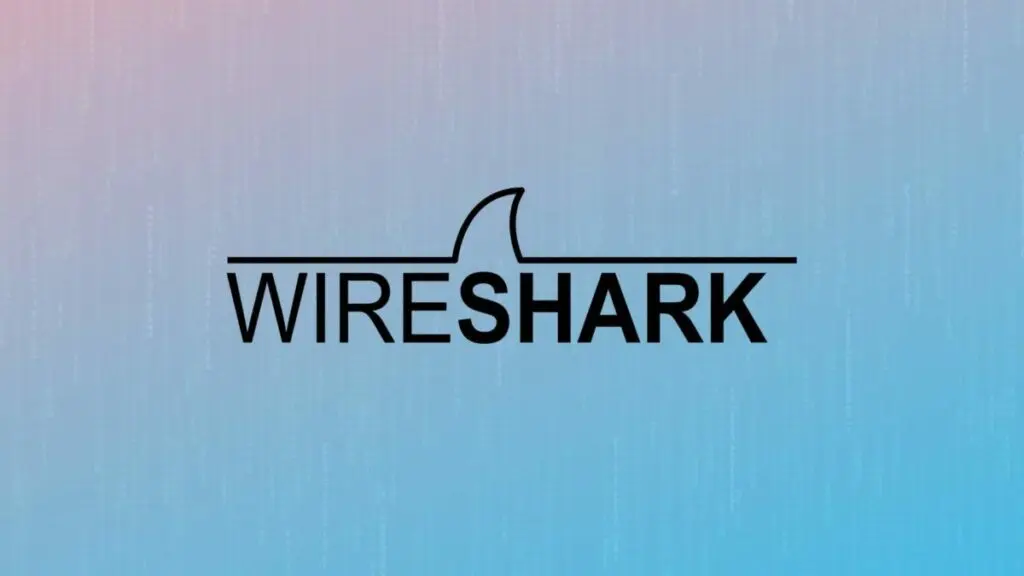What is Kali Linux??
Kali Linux is one of the best open-source security packages for ethical hackers. It contains a set of tools divided by categories. So, Installing Kali Linux is a practical option as it provides more options to work with and combine the tools.
Kali Linux is one of the best security packages for an ethical hacker. It contains a set of tools divided by categories and can be installed as a virtual machine, which we will discuss in the following section. Installing Kali Linux is a practical option as it provides more options for working and combining the tools. You can also create a live boot CD or USB.
Kali is a Debian-based Linux distribution. It is a meticulously crafted OS that specifically caters to network analysts and penetration testers. The presence of a plethora of tools that come pre-installed with Kali transforms it into an ethical hacker’s Swiss knife.
Everything You Need To Know About Kali Linux
Ethical Hacking using Kali Linux
Most of the time, certain operating systems lead to certain tasks. Anything related to graphics or content creation brings up macOS in our minds. Likewise, any instance of hacking or just engaging with network applications in general is related to a specific operating system, and that is Kali Linux. In this article, We write a general introduction to Kali Linux and how it is used for ethical hacking.
Why do hackers use Kali Linux?
Previously known as Backtrack, Kali Linux advertises itself as a more polished successor with more testing-centric tools, unlike Backtrack which had multiple tools that would serve the same purpose, in turn, making it jam packed with unnecessary utilities. This makes ethical hacking using Kali Linux a simplified task.
Kali Linux used for?
It is mainly used for advanced Penetration Testing and Security Auditing. includes several hundred tools which are geared towards various information security tasks, such as Penetration Testing, Security research, Computer Forensics and Reverse Engineering.
Is Kali Linux illegal?
Kali Linux is not illegal by itself. After all, it is just an OS. It is however a tool for hacking too and when someone uses it especially for hacking, It is legal to install it for useful purposes such as learning, training, or using it to boost your software or network because it is not illegal to install any authorized operating system and download.
Who developed Kali Linux?
Mati Aharoni and Deavon Kearns are the core developers of It. It was a rewrite of Backtrack Linux, which was another penetration testing-centric Linux distribution. Kali Linux development is regulated according to Debian standards. The development began in early March 2012 amongst a small group of developers. Only a select few developers were allowed to exchange packages, this was also done in a protected environment.It came out of development with its first release in 2013. Since then, Kali Linux has been through a number of major updates.
Why we use Kali Linux?
Of course, there is a wide array of reasons why one should use it. Let me list down a few of them:
- As free as it can get – Kali Linux has been and will always be free to use.
- More tools than you could think of – Kali Linux comes with more than
- Open-source – Kali, being a member of the Linux family, follows the widely appreciated open-source model. Their development tree is publicly viewable on Git and all of the code is available for your tweaking purposes
- Multilingual Support – Although hacking tools are usually written in English, it has been ensured that Kali Linux really includes multilingual support and allows more users to work in their native language and get the tools they need for this. Find a job.
- Completely customizable—The developers at Offensive Security understand that not everyone will agree with their design model, so they have made it as easy as possible for the more adventurous user to customize Kali Linux to their liking, down to the kernel.
System Requirements for Kali Linux- (How much RAM does Kali Linux need?)
Installing it is easy. All you have to make sure is that you have compatible hardware. It is supported on i386, amd64, and ARM (both ARMEL and ARMHF) platforms. The hardware requirements are minimal, as listed below, although better hardware will naturally provide better performance.
- A minimum of 20 GB disk space for It to install.
- RAM for i386 and amd64 architectures, minimum: 1GB, recommended: 2GB or more.
- CD-DVD Drive / USB boot support/ Virtual Box
What tools come with Kali Linux? (List of Tools)
Below is a List of tools pre-installed for ethical hacking using It. So, This list is not expansive as Kali has many tools, all of which cannot be listed and explained in one article.
Aircrack-ng
Nmap
THC Hydra
Nessus
WireShark
Aircrack-ng
Aircrack-ng is a suite of tools used to assess WiFi network security. It focuses on key areas of WiFi security:
- Monitoring: Packet capture and export of data to text files for further processing by third-party tools
- Attacking: Replay attacks, de-authentication, fake access points, and others via packet injection
- Testing: Checking WiFi cards and driver capabilities (capture and injection)
- Cracking: WEP and WPA PSK (WPA 1 and 2)
All tools are command-line tools, which allows for heavy scripting. Many GUIs have taken advantage of this feature. Indeed, it works primarily with Linux but also with Windows, OS X, FreeBSD, OpenBSD, NetBSD, and Solaris.
Nmap
Network Mapper, also commonly known as Nmap, is a free and open source utility for network discovery and security auditing. Even Nmap uses raw IP packets in stealthy ways to determine what hosts are available on the network, what services (application name and version) those hosts are offering, what operating systems they are running, what type of packet filters/firewalls are in use, and dozens of other features.

Also Many systems and network administrators also find it useful for tasks like:
- network inventory
- managing service upgrade schedules
- monitoring host or service uptime
THC Hydra
When you need to brute-force crack a remote authentication service, Hydra is often the tool of choice. It can perform rapid dictionary attacks against more than 50 protocols, including telnet, FTP, HTTP, HTTPs, SMB, several databases, and much more. It can also be used to crack into web scanners, wireless networks, packet crafters, etc.
Nessus
Nessus is a remote scanning tool that you can use to check computers for security vulnerabilities. It does not actively block any vulnerabilities that your computers have but it will be able to sniff them out by quickly running 1200+ vulnerability checks and throwing alerts when any security patches need to be made.

WireShark
WireShark is an open-source packet analyzer that you can use free of charge. With it, you can see the activities on a network from a microscopic level coupled with pcap file access, customizable reports, advanced triggers, alerts, etc. It is reportedly the world’s most widely-used network protocol analyzer for Linux.


